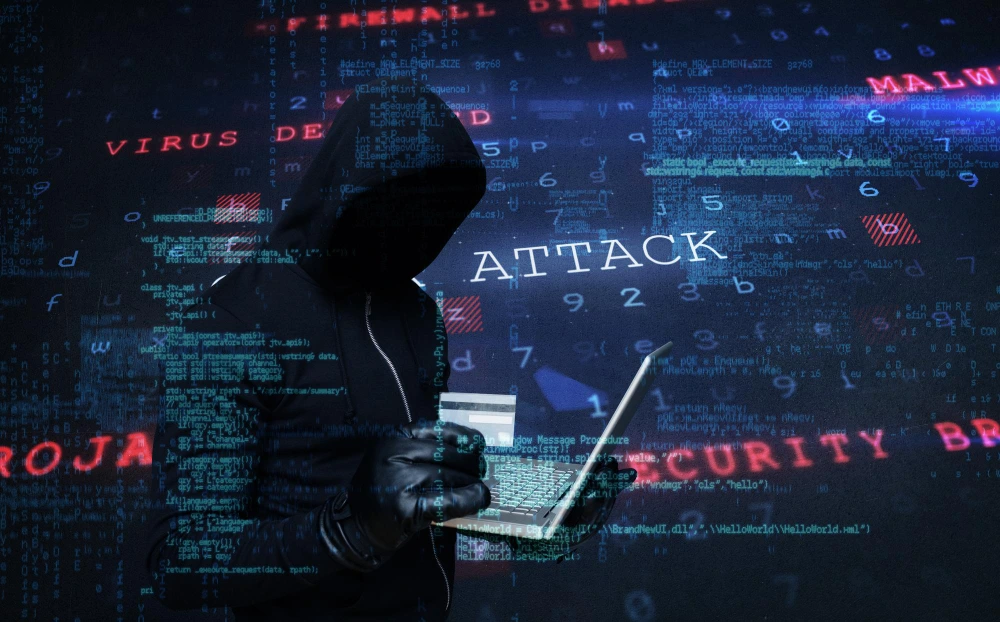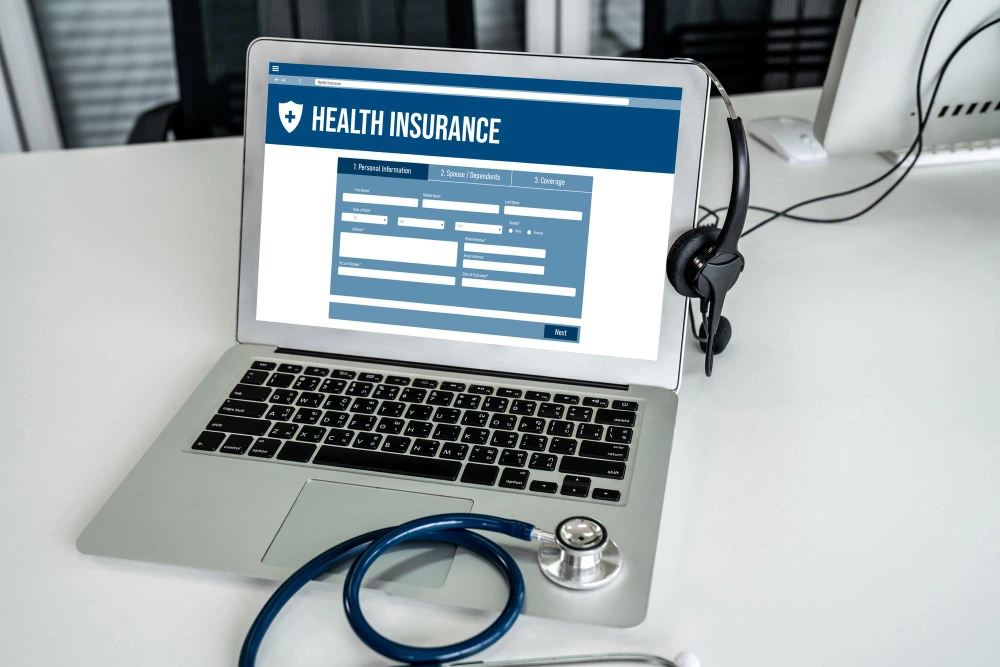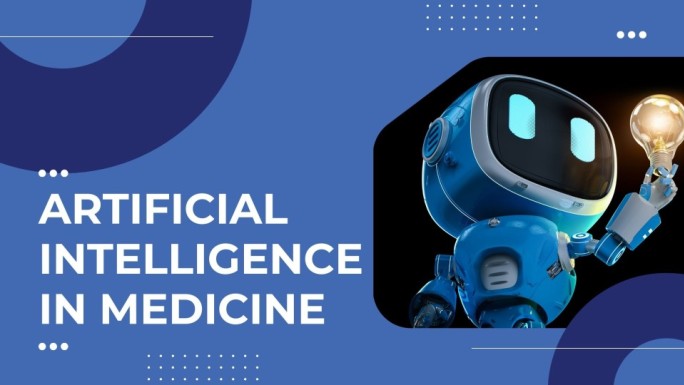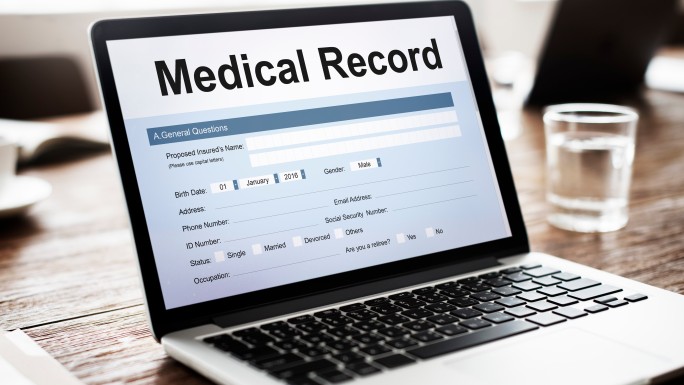The Change Healthcare Data Breach: A True Case Study In Healthcare Cybersecurity
Over the past five years, the healthcare industry has faced a staggering 256% increase in large-scale data breaches reported to the Department of Health and Human Services (HHS) Office for Civil Rights, primarily involving hacking. This alarming trend underscores the growing vulnerability of healthcare systems to cyberattacks, with sensitive patient data and critical operations at constant risk.
The recent Change Healthcare data breach exemplifies the far-reaching consequences of such incidents. This blog delves into the details of the breach, its implications, and the essential lessons healthcare organizations must learn to better protect their systems and data in the face of rising cyber threats.
What Happened at Change Healthcare?
Change Healthcare (CHC) is a healthcare technology company, which provides services to healthcare providers, health insurance plans, and other companies. According to the American Hospital Association, it is a part of Optum and is owned by UnitedHealth Group.

In February 2024, Change Healthcare (CHC) experienced a significant cybersecurity incident. A ransomware attack compromised its systems, allowing unauthorized access and the theft of a substantial amount of data.
The breach, which occurred between February 17 and 20, 2024, affected the protected health information (PHI) of over 100 million individuals. This alarming figure represents nearly one-third of the U.S. population and sets a new record for the largest HIPAA-regulated data breach.
How Much Does It Cost?
An outage at Change Healthcare can lead to significant consequences across operations, legal, financial, and reputational domains.
- Operationally, disruptions to payment processing, claims management, or EHR systems delay patient care and force providers into inefficient manual processes, potentially harming patient outcomes.
- Legally, the company risks lawsuits for SLA breaches, malpractice claims tied to delayed treatments, and data breach litigation if patient information is compromised. OCR is investigating Change Healthcare to determine whether the company was fully compliant with the HIPAA Rules before the ransomware attack.
- Financially, Change Healthcare has lost business due to the prolonged outage as healthcare providers sought alternative companies. Responding to the cyberattack, UnitedHealth has recorded $2.5 billion in total impacts from the attack through the nine months ended Sept. 30, including $1.7 billion in direct response costs.
- Reputationally, loss of trust from healthcare providers and negative publicity can erode client relationships and deter future business. Additionally, regulatory bodies may impose penalties or initiate audits if Protected Health Information (PHI) is affected.
Moreover, the Change Healthcare outage affected a wide range of stakeholders in the healthcare industry, including:
Healthcare Providers
Hospitals, clinics, and other healthcare providers were unable to process claims, receive payments, and manage patient records efficiently. This led to financial losses, operational challenges, and potential delays in patient care.
Insurance Companies
The outage disrupted claims processing and payment cycles, causing delays in reimbursements for healthcare providers and increasing administrative burdens. This could impact insurance premiums and coverage options for patients.
Patients
Patients may have experienced delays in accessing their medical records, receiving timely care, and obtaining necessary medications due to disruptions in electronic health record systems and other vital healthcare IT infrastructure.
Pharmacies
Pharmacies rely on Change Healthcare's services for prescription processing and claims adjudication. The outage could have led to delays in filling prescriptions and processing insurance claims.
For example, according to a report from the Huron Daily Tribune, the outage at Change temporarily prevented Michigan-based provider Scheurer Health from processing prescriptions.
Healthcare IT vendors: The outage highlighted the potential risks and challenges associated with relying on a single vendor for critical healthcare IT services. Other healthcare IT vendors may have been affected by the outage, either directly or indirectly.
What Could Happen with the Leaked Data?
The types of information exposed or stolen vary from individual to individual and may include some or all of the following. In some cases, the information of guarantors was also compromised.
- Health insurance information (such as primary, secondary, or other health plans/policies, insurance companies, member/group ID numbers, and Medicaid-Medicare-government payor ID numbers);
- Health information (such as medical record numbers, providers, diagnoses, medicines, test results, images, care and treatment);
- Billing, claims, and payment information (such as claim numbers, account numbers, billing codes, payment cards, financial and banking information, payments made, and balance due);
- Other personal information such as Social Security numbers, driver’s licenses state ID numbers, or passport numbers.

The attackers can use leaked data in:
1. Identity Theft: Attackers might exploit personal and financial information to commit fraud, such as opening credit accounts or making unauthorized transactions.
2. Healthcare Fraud: Leaked data could be used to file fraudulent insurance claims or obtain prescription drugs illegally.
3. Privacy Violations: Protected Health Information (PHI) is subject to strict privacy laws under HIPAA. Exposure could result in legal and reputational issues for affected parties.
4. Phishing Attacks: Criminals might use the data to craft convincing phishing schemes targeting individuals whose information was leaked.
What can Healthcare Organizations Do to Prevent Future Data Breach?
The Change Healthcare cyberattack served as a wake-up call to the healthcare industry, which requires healthcare organizations to review their cybersecurity to prepare for a similar incident in the future.
Some of the solutions that should be taken into account include:
1. Robust Cybersecurity Infrastructure
A strong cybersecurity infrastructure is the foundation of data protection. Healthcare organizations must implement robust network security measures, such as firewalls and intrusion detection systems.
Additionally, securing endpoints like computers and mobile devices with antivirus software, strong passwords, and encryption is essential. Regular security audits can help identify and address vulnerabilities, while employee training can raise awareness about cybersecurity best practices.
2. Data Privacy and Protection
Protecting patient data is paramount. Healthcare organizations should minimize data collection and storage, implementing strict access controls to limit who can access sensitive information. Data encryption, both at rest and in transit, can safeguard data from unauthorized access. Regular data backups and security testing ensure data recovery in case of a breach.
3. Incident Response Plan
A well-defined incident response plan is crucial for mitigating the impact of a data breach. This plan should outline specific steps to be taken in case of a breach, including incident identification, containment, eradication, recovery, and lessons learned.
4. Compliance with Regulations
Adherence to regulations like HIPAA is essential for protecting patient privacy and security. Healthcare organizations must stay updated on regulatory requirements and implement measures to ensure compliance. This includes conducting regular risk assessments, implementing security controls, and training employees on regulatory obligations.

5. Third-Party Risk Management
Many healthcare organizations rely on third-party vendors for various services. It's crucial to assess the security practices of these vendors to mitigate risks. Strong contractual obligations can ensure that vendors adhere to data security standards and promptly notify the organization of any security incidents.
Understanding these concerns above, Ominext, a prominent player in the global healthcare IT landscape, is committed to delivering innovative solutions that enhance patient care and streamline healthcare operations.
With a strong focus on cybersecurity, Ominext has earned numerous certifications, including ISO 27001, HIPAA, and GDPR, demonstrating its dedication to protecting sensitive patient data. By leveraging advanced technologies and adhering to stringent security standards, we empower healthcare organizations to securely manage electronic health records, improve clinical workflows, and enhance patient engagement.
Wrap Up!
The Change Healthcare data breach serves as a stark reminder of the critical importance of robust cybersecurity in the healthcare sector. As healthcare organizations increasingly rely on digital systems to manage sensitive patient data and deliver care, the stakes for protecting this information have never been higher.
This incident underscores the need for proactive measures, such as implementing advanced threat detection, ensuring regular system audits, and fostering a culture of security awareness across the organization.
By learning from the data breaches at Change Healthcare and continuously improving cybersecurity frameworks, the healthcare industry can better protect its systems and ensure uninterrupted, safe, and effective patient care in an increasingly digital world. Let this serve as a wake-up call for all stakeholders to prioritize cybersecurity as a fundamental aspect of modern healthcare.





